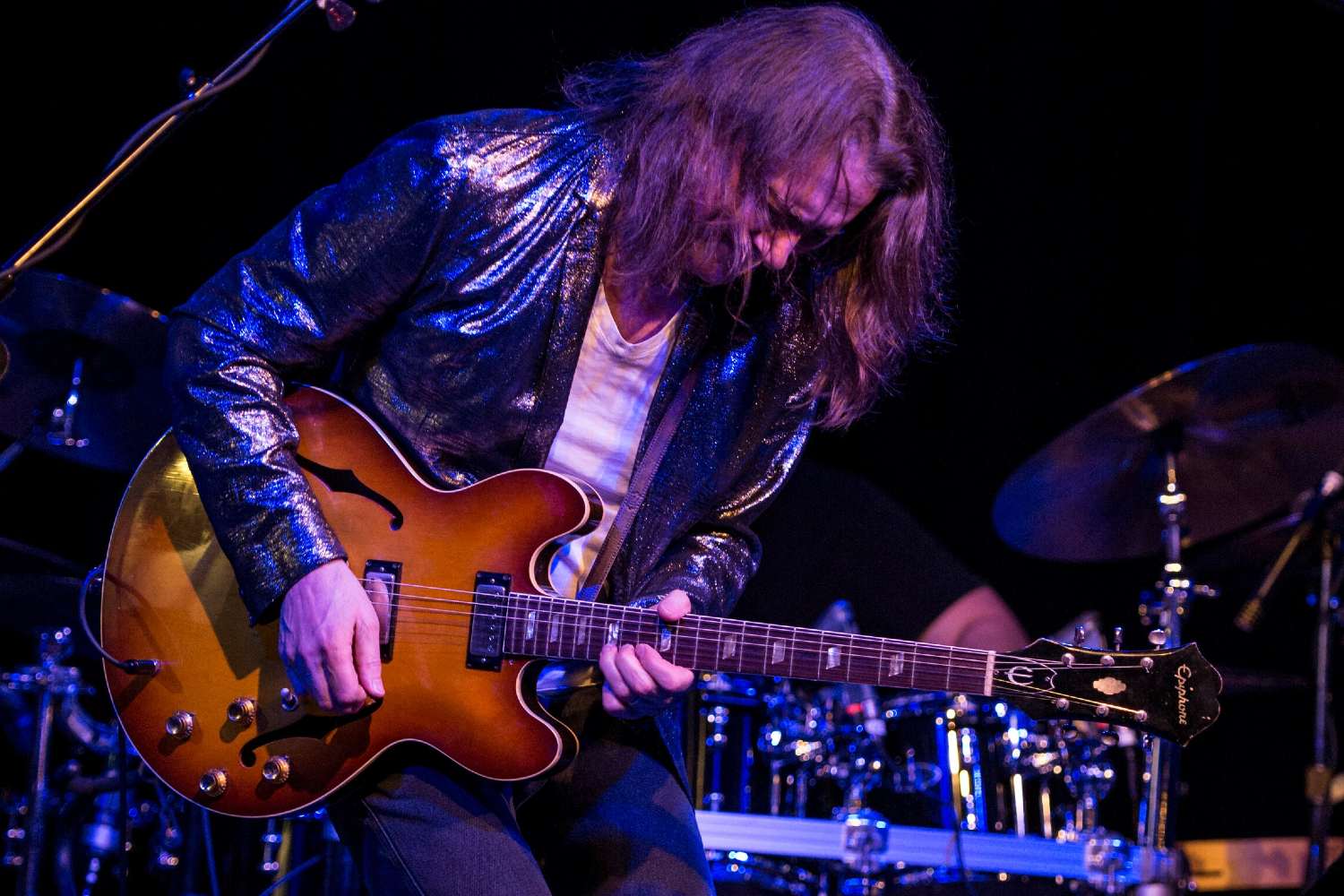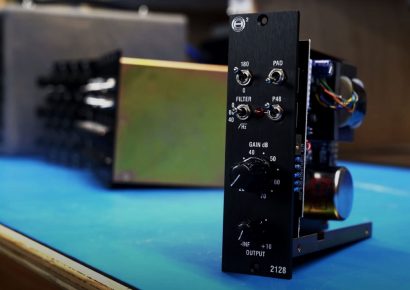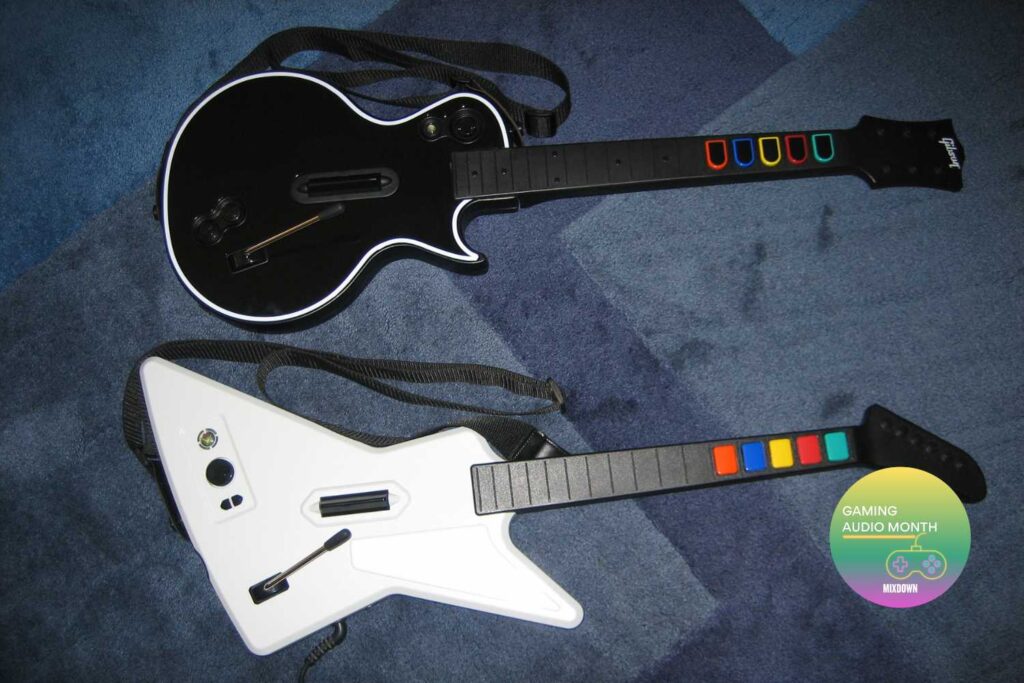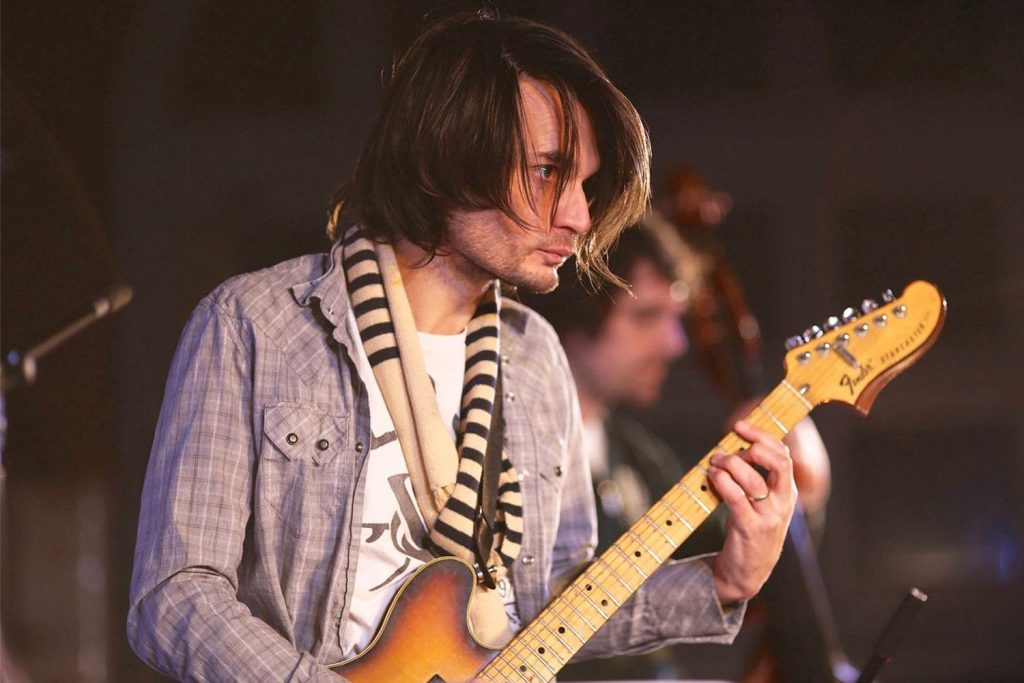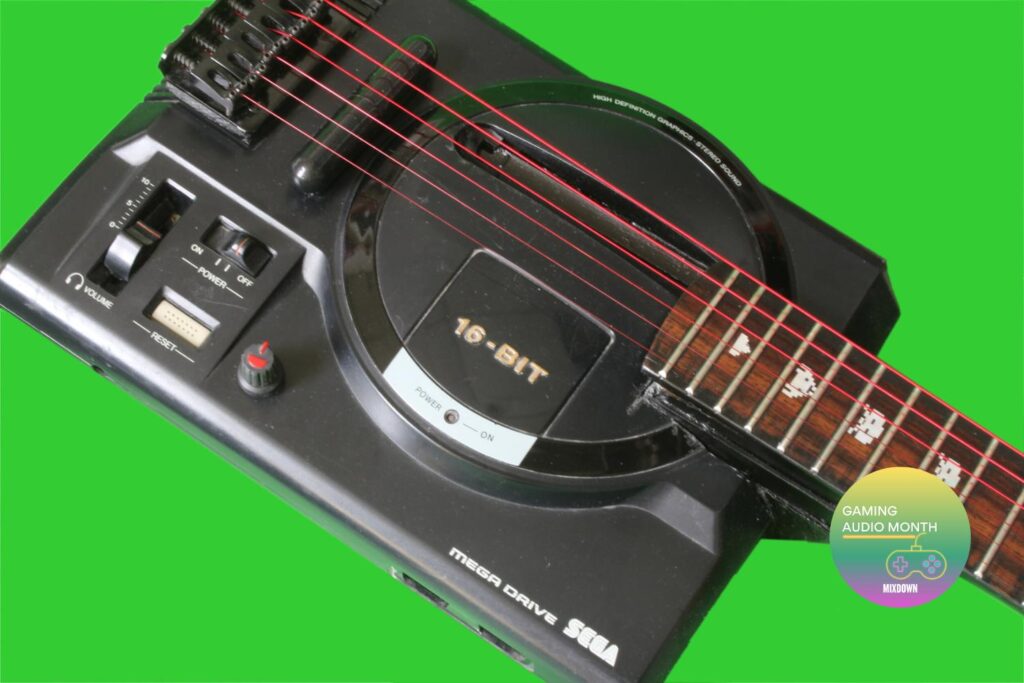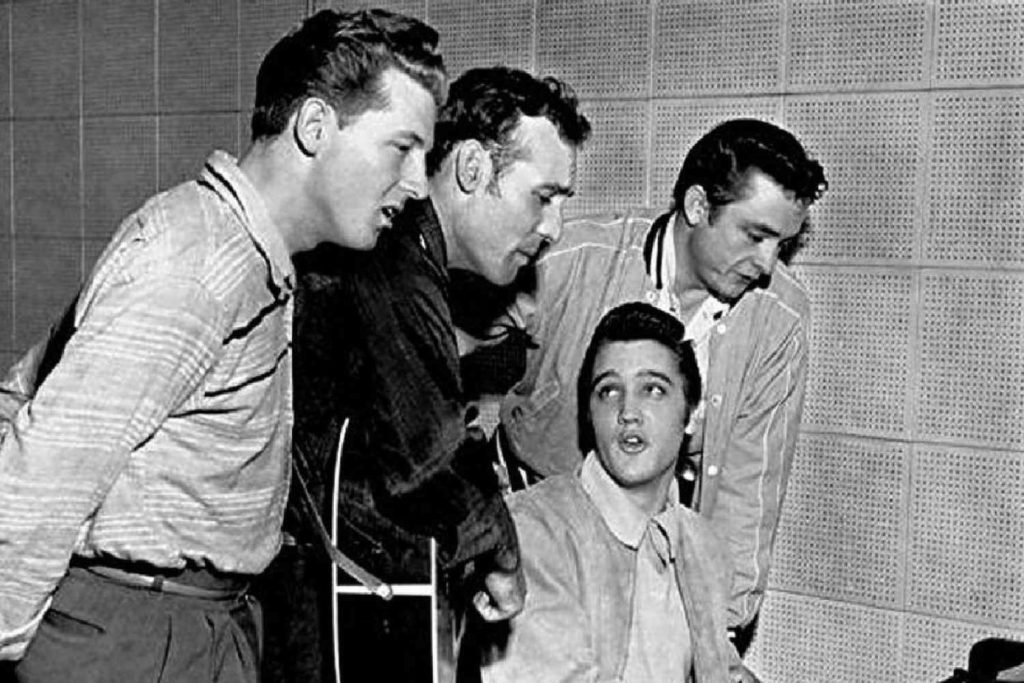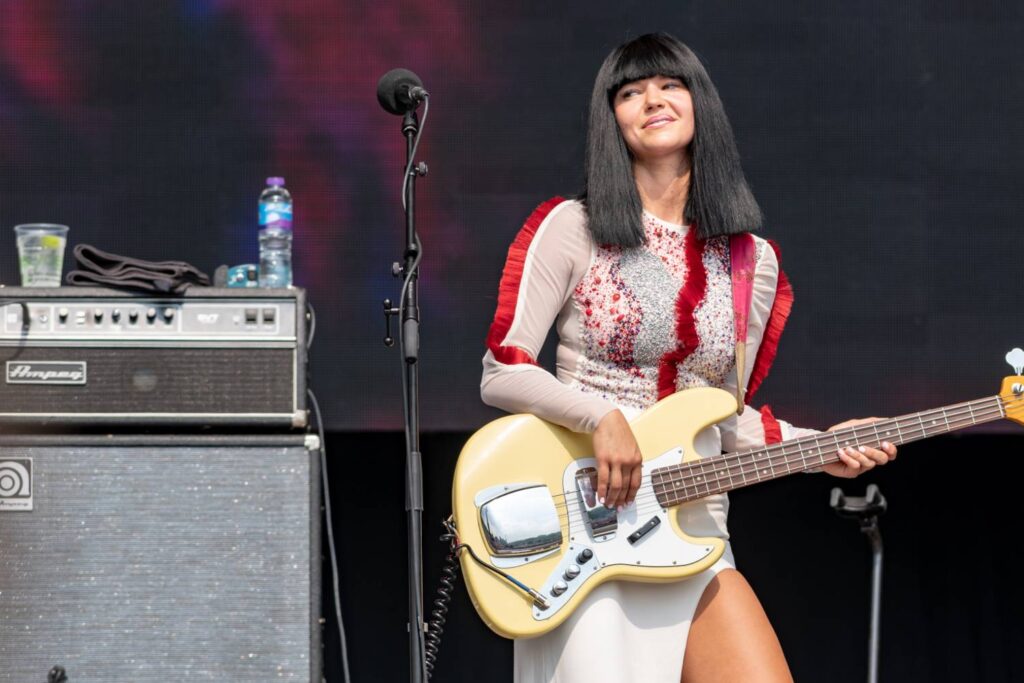Robben Ford is the virtuoso’s virtuoso, the guitarist who some of the greatest guitarists in the world look to for inspiration when they feel they’ve hit a wall with their playing
Achingly soulful, incredibly musical, and with unparalleled technical control, Ford is the archetype of a great guitarist.
He’s played with everyone from Charlie Musselwhite, Jimmy Witherspoon, Joni Mitchell, George Harrison, Miles Davis, Larry Carlton, and Rick Springfield, to Kiss, Randy Crawford, Bob Dylan, Ricki Lee Jones, John Mayall, and Tommy Emmanuel, as well as leading his classic blues band Robben Ford & The Blue Line. And he’s coming back to Australia this May to play at the Blues On Broadbeach festival in Queensland (as well as his own headlining shows and a run of not-to-be-missed exclusive dates in at Memo Music Hall in Melbourne, the Factory Theatre in Sydney, Lizotte’s in Newcastle, and The Gov in Adelaide.
Read up on all the latest interviews, features and columns here.
“I have missed coming to Australia, trust me,” Ford says. “It’s just ridiculous. It’s been so long since we were there! I’ll be coming down with a trio and a lot of good musicians – I mean, there aren’t a lot, there are three,” he laughs.
“Doug Belote on drums, Andy Hess on bass, and Jovan Quallo on keys and sax. Obviously this tour will probably be blues oriented. And my music usually is blues oriented, although over the last couple of years I’ve been playing a lot of instrumental music, and my last album Pure, although it contains a couple of blues songs, it’s pretty compositional and it’s really broad in all of what happens on that record. I’m very proud of it. But you know, I’ve only got a couple of guys with me, so we’ll focus on the things that we can make the most impact with as a trio, and generally that’ll be pretty blues oriented.”
To hear Ford play is to marvel at just how quickly his musical mind operates, pulling complex yet emotive lines out of thin air as easily as taking a breath. It doesn’t feel like guitar-geek music, it just feels like music.
“You know the feeling that you have when you hear music that you liked when you were really young, where it almost doesn’t matter what it is. It’s just music and as long as it has a groove to it, something that makes you dance, or it affects or touches you emotionally, there’s all those things that are beautiful about music,” he says.
“That’s the ground. I’ve never lost that and it’s always been important to me that whatever it is that I’m playing, it has emotional content. And I’ve always been drawn to instrumentalists who have a vocal quality about them. They sound like they’re singing to you or talking to you, you know? And that’s not so far away from anyone, if you actually just go that way, as opposed to going towards what’s impressive. And sure, at a certain point I wanted to be able to play fast, and I was a blues guitarist who wanted to be a jazz guitarist.”
Ford has a story about exactly where his blues and jazz sides intersect, and how hard it is for him to separate them.
“I was on the road with Joni Mitchell in 1974 and the pianist was brilliant, and became a lifelong friend and mentor for me. He was 10 years my senior, if not more. Roger Kellaway is his name. He was the pianist with the band and there was always a piano backstage because it’s a Joni Mitchell show, you know? So we’d fool around on the piano, hanging out, waiting to go. And I was sitting at the piano kind of banging around and one minute I’m playing something kind of bluesy. And the next minute I’m trying to play something jazzy – I say trying – and Roger was standing next to me and he just started laughing, and I’m like, ‘what? You know, I may not be great, but what are you laughing about?’ And he goes ‘make up your mind, man!’ And I never did. I never did! I’m still a blues guitar player who wants to be a jazz guitar player. And rather than have that be a struggle, I just stopped worrying about that. I stopped caring. I just play music that I like.”
When I suggest to Ford that part of what makes him so compelling as a player is the absolute confidence with which he appears to approach the instrument. He perks up: “That’s exactly right. Confidence.
“I’ve studied Buddhism for many, many years and I heard a great quote from a Zen master who said confidence precedes all virtue. So you are not worried about what’s gonna happen next. You’re just not worried about it. It’s gonna be okay.
“Whatever it is, you can handle the next moment. And for me to put that in context of a player, Miles Davis was always the guy who would just say about three words and it would mean more than you got from anybody else. Herbie Hancock said one day that Miles just said, ‘I don’t wanna play chords no more.’ So that was that, You know?”
Ford’s guitar needs are as no-nonsense as his approach to playing. “I always come back to my 1960 Tele,” he says.
“I’m a vintage instrument guy. It’s just, you know, you can’t make a new guitar that is a vintage instrument! It’s just impossible! That Tele for me has been so important for so many years. There was a lengthy period when I started playing a 1965 Epiphone Riviera. And then I was playing the Robben Ford model (Fender Esprit), and playing humbucking pickups, and then I just started buying Les Pauls. I used the Dumble Overdrive Special amp. I would use the overdrive in the amplifier for soloing a lot. But over time I just came back to the sound of a natural guitar plugged into a really good amplifier with some reverb.”
Robben Ford will be touring Australia in May presented by Gerrard Allman Events. Get tickets here.
